Lots of pet owners share food with their dogs – this is no secret. We’d bet that you’ve probably shared food with your pooch at one point or another. This isn’t necessarily a problem in moderation.
However, not all human foods are OK for dogs to eat. Chocolate is a prime example of this, but there are other unsafe foods as well.
Luckily, Cheetos are not one of these foods. They are essentially safe for dogs, unlike chocolate, xylitol, macadamia nuts, and other “dangerous” foods.
With that said, though, Cheetos are certainly not the healthiest option for our canines – just like they aren’t the healthiest option for us either.
Below, we’ll explain everything you need to know about these cheesy snacks and canines, so you’ll understand why you should strictly limit the number of Cheetos you give your dog.
Can Dogs Eat Cheetos? Key Takeaways
- Cheetos are not acutely dangerous to dogs. However, a few flavors contain things like garlic or onion powder, which can cause problems in large quantities.
- The occasional Cheeto probably won’t cause your dog any harm. However, excessive amounts may lead to digestive upset, and large quantities of some flavors may even trigger anemia.
- Many owners like to share bits of people food with their pooch on occasion. This isn’t usually a problem in moderation (provided that the foods don’t contain anything toxic to dogs), but there are better options than Cheetos, including fruit slices and unsalted pretzels.
Can Dogs Eat Cheetos? Are Cheetos Dangerous to Dogs?
Yes. Dogs can eat the occasional (plain) Cheeto from time to time.
Plain and Original Cheetos are made without any blatantly dangerous ingredients, so your dog isn’t going to become seriously ill after eating one.
But while this snack food isn’t necessarily dangerous to share with your pooch, that doesn’t mean you should be free-handed about feeding your dog these tasty treats.
They aren’t particularly nutritious and do not provide your pooch with anything he needs in his diet.
Also, some types of Cheetos do contain potentially dangerous ingredients, such as garlic powder. Dogs cannot have high amounts of garlic, onions, and other members of the plant genus Allium.
Certain breeds are particularly sensitive to these plants, including Japanese breeds like the Akita and Shiba Inu.
When dogs consume too much garlic, it damages their red blood cells, making them anemic. Intestinal upset can occur as well. And unfortunately, the problems associated with garlic consumption don’t occur right away; often, symptoms don’t appear until days after ingestion.
It’s also important to consider your dog’s size when thinking about sharing your Cheetos. The bigger your dog, the more Cheetos he can eat before it becomes a problem.
Even if the Cheetos don’t contain anything toxic, a small handful can potentially upset the stomach of a shih tzu or Yorkie. On the other hand, a 100-pound dog may easily be able to scarf down a whole mouthful without any problems.
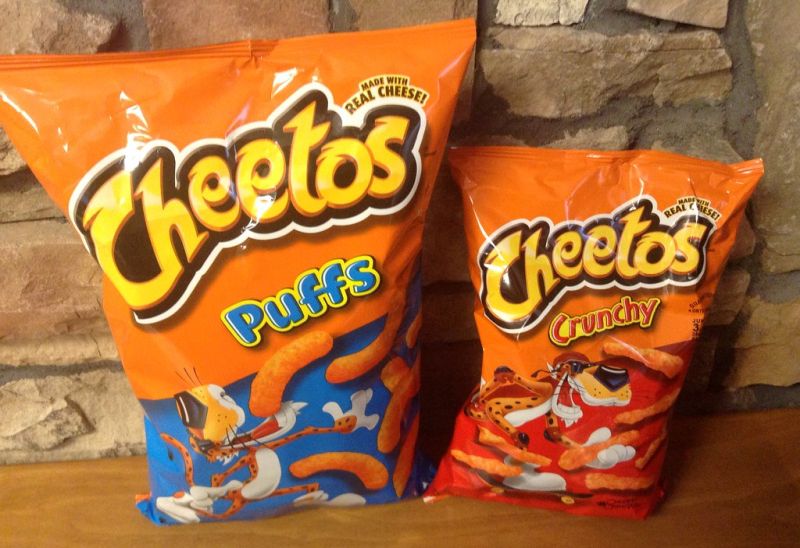
What Are the Ingredients in Cheetos?
There are many different types of Cheetos. Here, we’ll go over some of the most popular varieties and the potentially dangerous ingredients included:
- Standard Cheetos: Enriched Corn Meal (Corn Meal, Ferrous Sulfate, Niacin, Thiamin Mononitrate, Riboflavin, Folic Acid), Vegetable Oil (Corn, Canola, and/or Sunflower Oil), Cheese Seasoning (Whey, Cheddar Cheese [Milk, Cheese Cultures, Salt, Enzymes], Canola Oil, Maltodextrin [Made from Corn], Natural and Artificial Flavors, Salt, Whey Protein Concentrate, Monosodium Glutamate, Lactic Acid, Citric Acid, Artificial Color [Yellow 6]), and Salt.
- Puffed Cheetos: Contains the same ingredients as above — they’re just cooked in a special way to give them their puffy texture.
- Flamin’ Hot Cheetos: Very similar to the above recipes. However, this type of Cheeto includes “Flamin’ Hot Seasoning,” which includes maltodextrin, salt, sugar, monosodium glutamate, yeast extract, citric acid, artificial color, onion powder, whey, whey protein concentrate, garlic powder, natural flavor, buttermilk, sodium diacetate, disodium inosinate, and disodium guanylate.
- Baked Cheetos: Organic Corn Meal, Expeller-Pressed Sunflower Oil, Cheddar Cheese (Milk, Cheese Cultures, Salt, Enzymes), Whey, Maltodextrin (Made from Corn), Sea Salt, Natural Flavors, Sour Cream (Cultured Cream, Skim Milk), Torula Yeast, Lactic Acid, and Citric Acid.
Note that new and different Cheeto flavors hit the market from time to time. But we obviously can’t cover them all here.
Most are pretty similar in composition, but a few may have ingredients that aren’t safe for your dog.
Accordingly, if you’re currently nomming on some unusual variety of Cheetos, it is probably best to avoid giving them to your pet unless you’ve verified that they’re safe with your vet.
As you can see, most of these ingredients are not dangerous in the slightest. While they aren’t necessarily good for our dogs, your doggo isn’t going to end up at the vet if he does eat them.
The only potentially dangerous ingredients are onion powder and garlic powder, which are in the Flamin’ Hot Cheetos. However, your dog would likely have to eat a lot of Cheetos to notice any adverse effects from this snack food.
What Should You Do if Your Dog Eats Cheetos?
Don’t stress if your dog gobbled up a Cheeto you dropped between the couch cushions — he’ll be fine.
But, if your dog grabbed a bag of Cheetos off the table and went to town, you should contact your vet. In all likelihood, your pooch will be fine. He may get sick to his stomach, but he probably won’t experience any serious complications.
Your vet will likely just tell you to monitor him – depending on the amount of Cheetos he consumed and his size. A mastiff who ate a snack pack of Cheetos is going to be in less trouble than a Yorkie who ate a family-sized bag.
Your dog’s vet will be able to advise on your particular situation.
If you notice any weird behaviors, you should mention them to your vet. Persistent intestinal problems that last for longer than a day or so may also signal that there could be a problem.
Symptoms of garlic and onion poisoning can be delayed by several days. Because of this, it is essential to keep a close eye on your pet for a week or two following the incident.
Signs of anemia (including reduced energy level, loss of appetite, or labored breathing, among other things) are particularly worrisome and a sign that your dog needs immediate veterinary attention.
Also, try to avoid these kinds of mishaps in the future by storing your Cheetos more carefully. Once your dog knows a tasty snack is there (and that he can get to it), he may be more tempted to try them again.
The last thing you need is for your furry friend to gorge on Cheetos again, so put them somewhere a bit more secure.
Don’t have easy access to a vet? You may want to consider getting help from JustAnswer — a service that provides instant virtual-chat access to a certified vet online.
You can discuss the issue with them, and even share video or photos if need be. The online vet can help you determine what your next steps should be.
While talking with your own vet — who understands the ins and outs of your dog’s history — is probably ideal, JustAnswer is a good backup option.
Alternatives to Cheetos: Give Your Dog These Instead
There are many “human” snack foods that your pooch can enjoy. Carrot sticks, unsalted pretzels, and cheese are all suitable treats that most dogs enjoy (I know my dog is particularly obsessed with cheese).
Here are a few healthy people snacks you can share with your dog:
- Apples (no stems, seeds, or cores)
- Carrots
- Peas
- Cooked Green Beans
- Watermelon
- Cooked Sweet Potatoes
- Bananas
- Broccoli
- Cooked Squash
- Strawberries
- Blueberries
As always, it is always a good idea to try these treats out a little bit at a time. While they are generally safe for dogs, these treats may not agree with certain canines.
***
Cheetos aren’t “dangerous” for our canines. Some varieties contain garlic and onion powder, which can be a problem when a large amount is consumed. However, a Cheeto or two is not likely to harm your pooch. Just don’t let them gorge on the whole bag!
With that said, Cheetos aren’t a good treat idea either. They may upset your pet’s stomach and do not contain many nutrients. You may want to choose a healthier treat option instead, like real cheese.
Does your pooch like Cheetos? Have you found any good treat alternatives? Let us know in the comments!
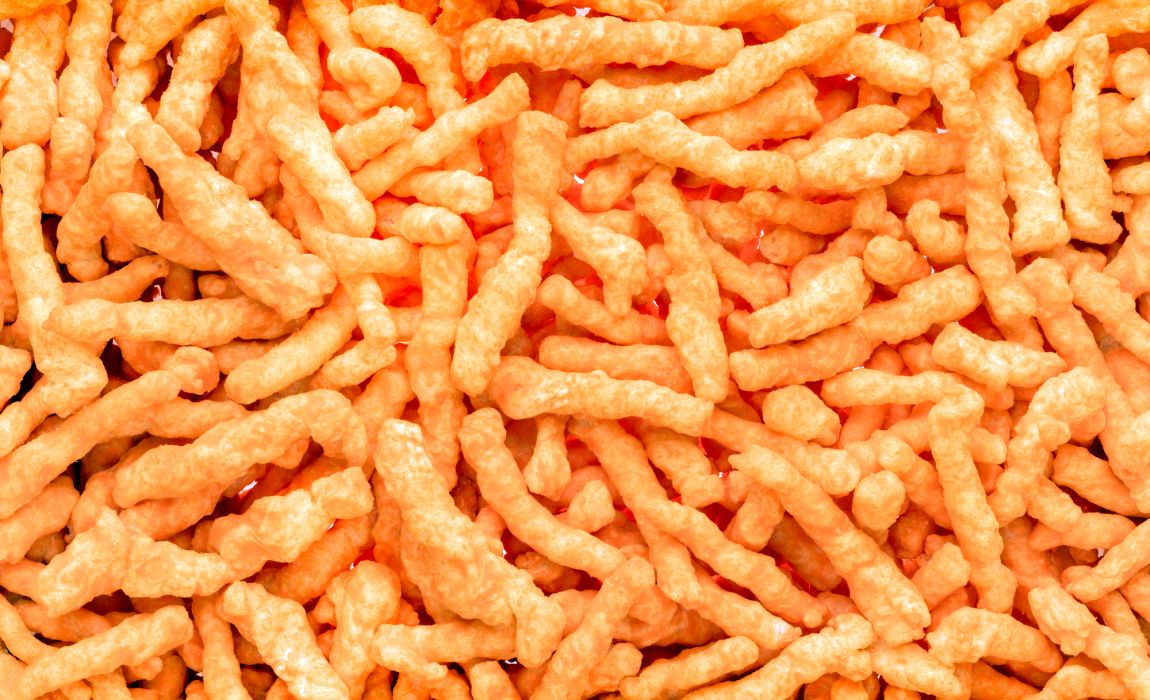






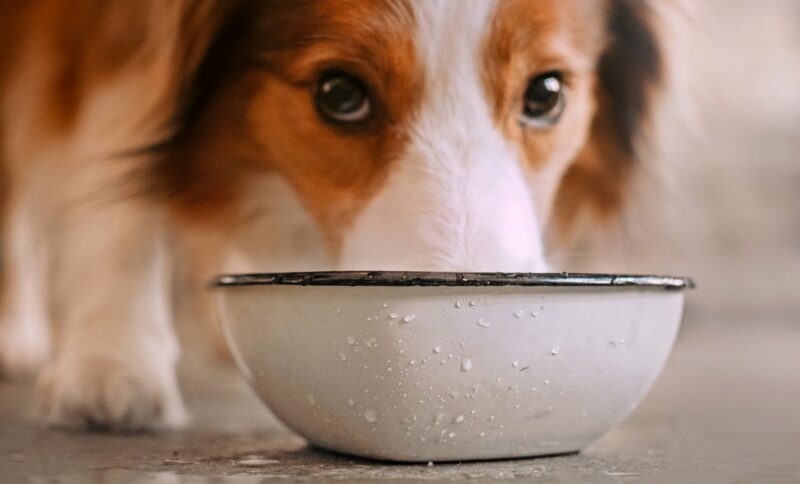

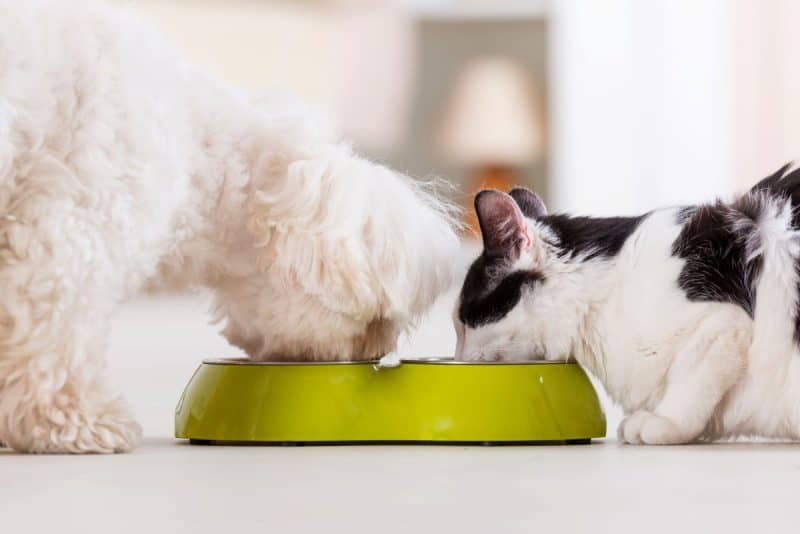
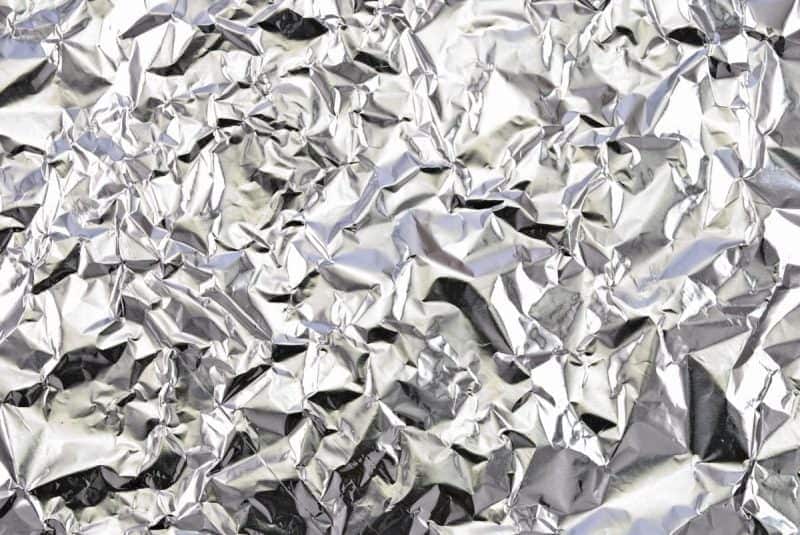



Leave a Comment